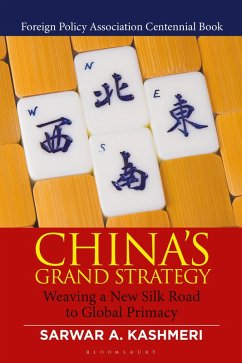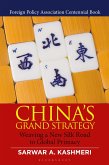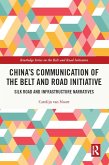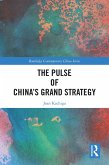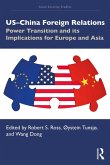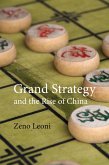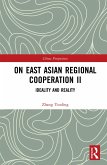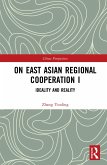In the "Great Game" of the 21st century-gaining leadership and influence in Asia-the United States is rapidly being outflanked by China, which is investing in infrastructure, connectivity, and supply chains on an unprecedented global scale.
In this first book to use China's Belt and Road Initiative, previously known as China's New Silk Road, as a point of departure to explain why and how China is about to supersede America with regard to influence in Asia, Sarwar A. Kashmeri argues that the United States has a narrow window of opportunity to find a way to fit into a world in which the rules of the game are increasingly set by China. U.S. opposition to the Belt and Road Initiative is doomed to failure, so America must find creative ways to engage China strategically, and he warns that the window to do so is closing fast.
The Belt and Road Initiative is China's ambitious project to connect itself to more than 70 countries in Central Asia, Europe, Africa, and the Middle East through new roads, rails, ports, sea lanes, and air links. This cornerstone of Chinese foreign policy under President Xi Jinping is positioning China at the center of over half of world trade, and the loss of American influence and power could well lead to the end of the postwar liberal world order.
Far more than merely an infrastructure investment, the Belt and Road Initiative is a masterful grand strategy to create nothing less than a new world order based on the Chinese model of government and its financial institutions. Yet, as the passing of the baton of world leadership takes place, the United States seems curiously incapable or uninterested in devising a counterstrategy. Even though the United States will no longer have the largest economy in the world, it will still be a powerful and rich country with global alliances.
In this first book to use China's Belt and Road Initiative, previously known as China's New Silk Road, as a point of departure to explain why and how China is about to supersede America with regard to influence in Asia, Sarwar A. Kashmeri argues that the United States has a narrow window of opportunity to find a way to fit into a world in which the rules of the game are increasingly set by China. U.S. opposition to the Belt and Road Initiative is doomed to failure, so America must find creative ways to engage China strategically, and he warns that the window to do so is closing fast.
The Belt and Road Initiative is China's ambitious project to connect itself to more than 70 countries in Central Asia, Europe, Africa, and the Middle East through new roads, rails, ports, sea lanes, and air links. This cornerstone of Chinese foreign policy under President Xi Jinping is positioning China at the center of over half of world trade, and the loss of American influence and power could well lead to the end of the postwar liberal world order.
Far more than merely an infrastructure investment, the Belt and Road Initiative is a masterful grand strategy to create nothing less than a new world order based on the Chinese model of government and its financial institutions. Yet, as the passing of the baton of world leadership takes place, the United States seems curiously incapable or uninterested in devising a counterstrategy. Even though the United States will no longer have the largest economy in the world, it will still be a powerful and rich country with global alliances.

